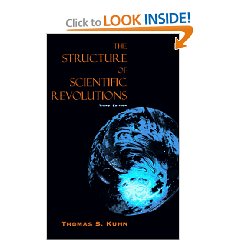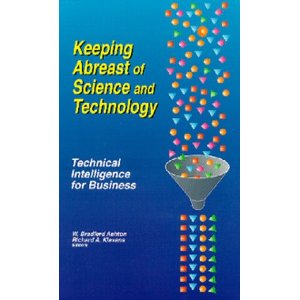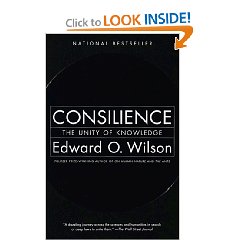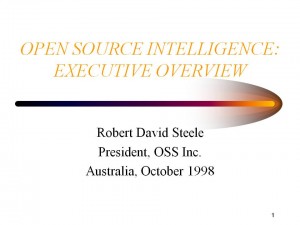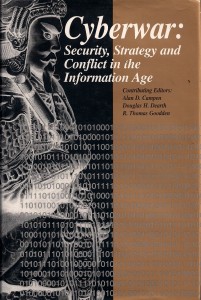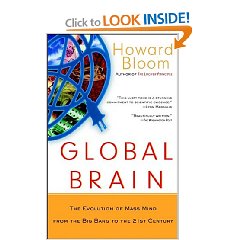
5 out of 5 Stars
Live and Let Die Group Dynamics, Bacteria Are Winning
July 13, 2001
Very very few books actually need to be read word for word, beginning with the bibliography and ending with the footnotes. This is one of those books. While there are some giant leaps of faith and unexplained challenges to the author's central premises (e.g. after an entire chapter on why Athenian diversity was superior to Spartan selection, the catastophic loss of Athens to Sparta in 404 BC receives one sentence), this is a deep book whose detail requires careful absorbtion.
I like this book and recommend it to everyone concerned with day to day thinking and information operations. I like it because it off-sets the current fascination with the world-wide web and electronic connectivity, and provides a historical and biologically based foundation for thinking about what Kevin Kelly and Stuart Brand set forth in the 1970's through the 1990's: the rise of neo-biological civilization and the concepts of co-evolution.
There are a number of vital observations that are relevant to how we organize ourselves and how we treat diversity. Among these:

